
About 4,500 children and youth from across the globe participated in global survey by international child rights organization Educo
A global study recently conducted by Educo revealed that about 40% of Bangladeshi children believe, life after the coronavirus lockdown will be more complicated. More than 500 children in Bangladesh participated in this global survey through online and phone interviews during 7 to 23 May 2020, among them 56% were girls. This study has been conducted in 10 countries in Africa, America, Asia, and Europe. Around the globe, more than 4,500 children and youth aged between 5 to 24 years participated in the study.
The study also found that children in Bangladesh were worried most about their family’s finances. 20% of Bangladeshi children said they are most concerned about adults not being able to go back to work.
“Children are very aware of what is going on around them and the impact of the situation on the family. Although children are not normally seen as the face of this pandemic, we know from experience that such economic hardships have tremendous effect on their emotional and mental wellbeing. This study confirms once again that children have a very acute perception of what is going on around them and they are able to analyse how this pandemic is affecting them and the people closest to them”, says Abdul Hamid, Country Director, Educo Bangladesh.
When asked what they have missed the most, children highlighted seeing friends (22.88%) and going back to school (21.8%) as their key priorities. However, they also perceived that their life will be more difficult after the lockdown (42%). Nupur Akhter, who has successfully completed her S.S.C in 2020 said, ‘I am waiting to step on to a new phase of my life but everything is stagnant now. I am anxious of how everything would be when I will start going to college after the situation normalizes. Attending classes, meeting with friends, group studies won’t be same, instead would be a matter of disquiet for me and my family.’
“All of these results show the importance of relationships, especially friendships and surroundings of educational institutes, in their lives. Because school is not just a place where children go to learn their lessons. It is also a place for relationships, diversity and personal growth through which they access new experiences and opportunities for their development as a whole”, says Ehsanul Hoque, Programme Specialist – Child Protection, Terre des Hommes Netherlands.
On a positive note, about 22% of the participants have asserted; what they most appreciate about the current situation is being able to spend more time with their families. Bearing in mind the insecure context in which many of these children live in, nearly 17% have also said that they feel safer at home. Another thing which they value during this situation is having more free time at home or having the support of their family with their studies, among other things.
Globally, 18% respondents from across the globe said, they think their situation after the lockdown will be worse, while 29% were not sure about what their future would look like. When asked about what worries them the most, 22% of the respondents globally said that they or their families might get sick. For 19%, the thing that worried them the most was that the adults in their family were unable to go out to work and more than 17% worried that there would not be enough money to pay for what was needed at home.


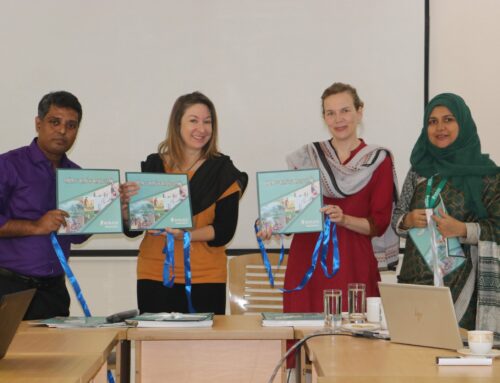
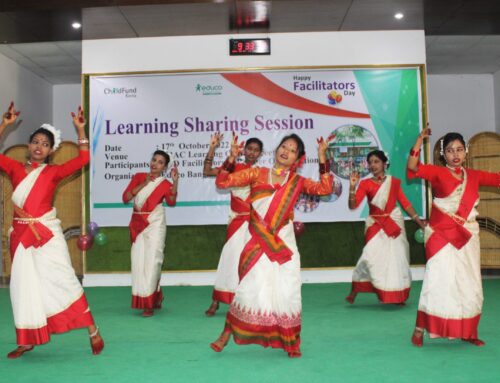
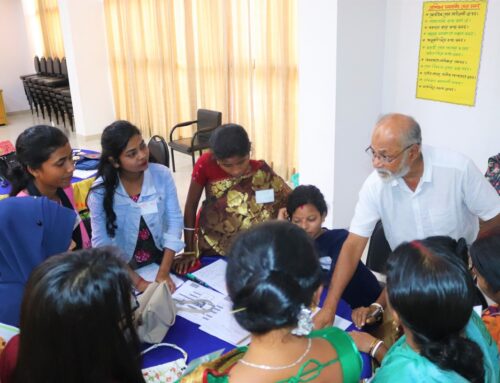

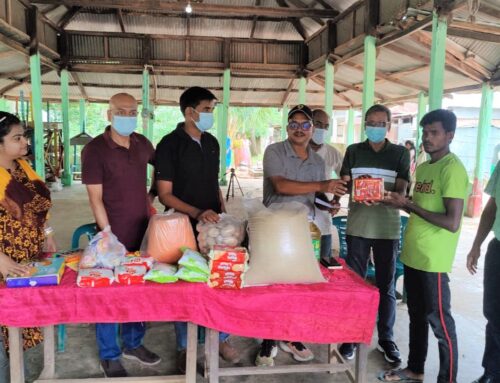
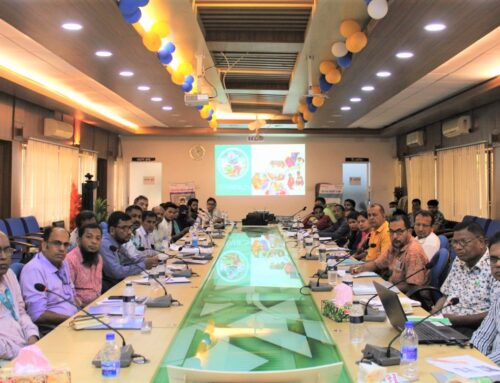
Leave A Comment